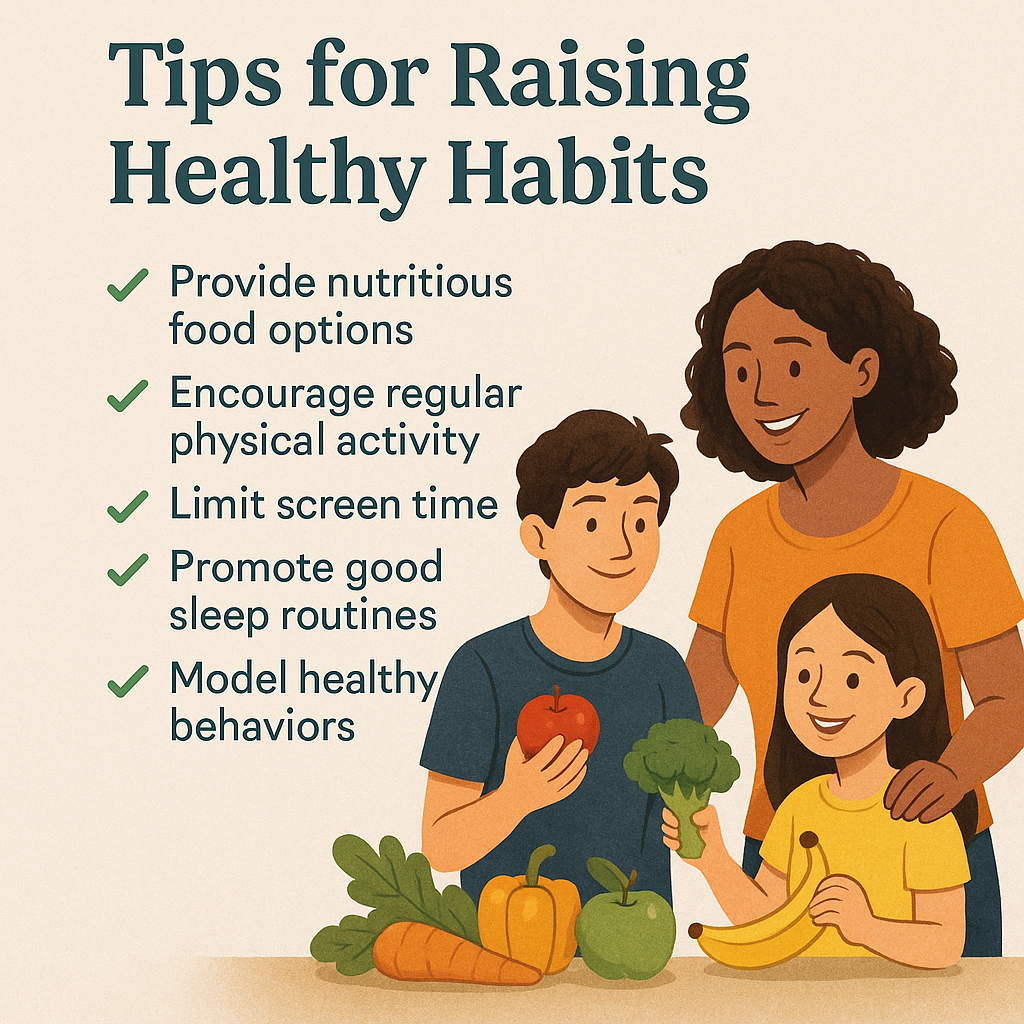Building good habits early in life creates a strong foundation for success — both in school and beyond. From time management and organization to self-care and respectful behavior, the routines we help young learners develop shape how they handle responsibilities, relationships, and challenges.
In this article, you’ll learn practical ways to support your child or teen in forming habits that last — without nagging, yelling, or power struggles.
Why Habits Matter for Young People
Habits shape our actions — often without us thinking. For students, good habits lead to:
- Better academic performance
- Lower stress levels
- Stronger self-discipline
- Greater independence and responsibility
- Improved mental and emotional well-being
When kids learn how to manage their time, energy, and mindset, they’re more prepared to thrive in school and life.
Common Struggles with Habits at Home
Many parents face daily battles over:
- Homework routines
- Morning or bedtime preparation
- Personal hygiene
- Screen time limits
- Chores and responsibilities
The key isn’t just repeating the rules — it’s building systems and motivation around them.
How to Help Build Positive Daily Routines
1. Start Small and Be Specific
Vague goals like “be more responsible” don’t help. Focus on one habit at a time with clear expectations:
- “Put your backpack by the door every night before bed”
- “Brush your teeth right after breakfast”
- “Read for 15 minutes after school”
Simple, clear, and consistent wins the race.
2. Use Visual Cues and Tools
Younger kids love checklists and charts. Older ones may prefer digital planners or reminders. Use:
- A morning checklist on the fridge
- Calendar apps with homework alerts
- A printed weekly schedule on their desk
Visual tools make routines feel more structured and achievable.
3. Connect Habits to Purpose
Help your child understand why a habit matters:
- “Reading every day helps your brain grow”
- “Packing your bag at night makes the morning less stressful”
- “Tidying your room gives you more space to relax and think”
Kids are more likely to commit when they see the benefit.
4. Tie Habits to Existing Routines
Use habit stacking — attach a new habit to one that already exists:
- “After brushing your teeth, lay out your clothes for tomorrow”
- “Once you finish dinner, do 10 minutes of homework review”
This makes the new behavior easier to remember and adopt.
5. Offer Praise for Effort, Not Just Results
Celebrate consistency, not perfection:
- “I noticed you remembered to make your bed all week — great job sticking with it”
- “You’ve been packing your bag by yourself — I’m proud of your independence”
Recognition reinforces identity: “I’m the kind of person who follows through.”
6. Let Them Help Build the Routine
Invite your child or teen to help plan their schedule or set reminders. When they’re involved in designing the habit, they’re more motivated to stick with it.
Ask:
- “What time of day do you feel most focused for homework?”
- “Would you rather do your chores after school or before dinner?”
Empowerment builds ownership.
Managing Resistance or Forgetfulness
It’s normal for habits to take time — and for young people to forget or push back.
When this happens:
- Avoid yelling — stay calm and redirect
- Revisit the purpose behind the habit
- Offer reminders, not lectures
- Use natural consequences (e.g., forgetting homework = having to explain to the teacher)
Consistency from adults is key.
Examples of Healthy Habits to Encourage
For school-age children:
- Morning routine (wash, dress, pack, eat)
- Homework at the same time each day
- Reading for pleasure
- Cleaning up toys or workspace
- Practicing gratitude at bedtime
For teenagers:
- Managing personal calendar or planner
- Preparing school materials independently
- Balancing screen time with breaks
- Setting and tracking personal goals
- Maintaining healthy sleep and hygiene
Focus on building systems, not just correcting behavior.
Habit Tracking Tools That Work
- Sticker charts (for younger kids)
- Bullet journals
- Weekly reflection sheets
- Habit-tracking apps like Habitica, Streaks, or TickTick
- Whiteboards or family planners
Find a system that fits your child’s personality and tech comfort level.
Final Thought: Habits Shape Who We Become
Encouraging good habits isn’t just about getting through the day — it’s about shaping character. The routines we build now help our sons and daughters grow into focused, capable, self-directed people.
Don’t aim for perfection. Aim for progress. Your consistency, patience, and encouragement are the most powerful tools of all.
